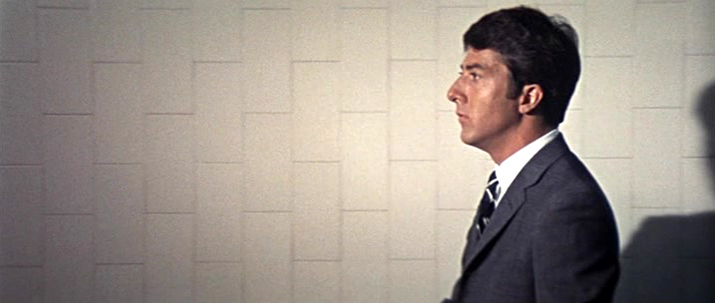My first thought when I saw the above UI Reel for Guardians of The Galaxy was, Those are incredible visual effects.
My second thought was, these graphics look familiar.
In particular, It reminded me of GMUNK‘s work (aka Bradley G Munkowitz). GMUNK has been working in the VFX world for around 15 years, most recently being the guy behind the UI in Tron: Legacy:
He’s also worked on Oblivion.
The Guardians UI also reminded me of Mark Coleron’s work that goes back 10-12 years on films like Deja Vu, Children of Men, Mission Impossible 3, The Bourne Identity, Alien vs Predator, Blade II, The Island & Mr. & Mrs. Smith:
It’s interesting how the vision of future computer interfaces has been remarkably consistent over the last 12 years.
I wonder if this will change.




